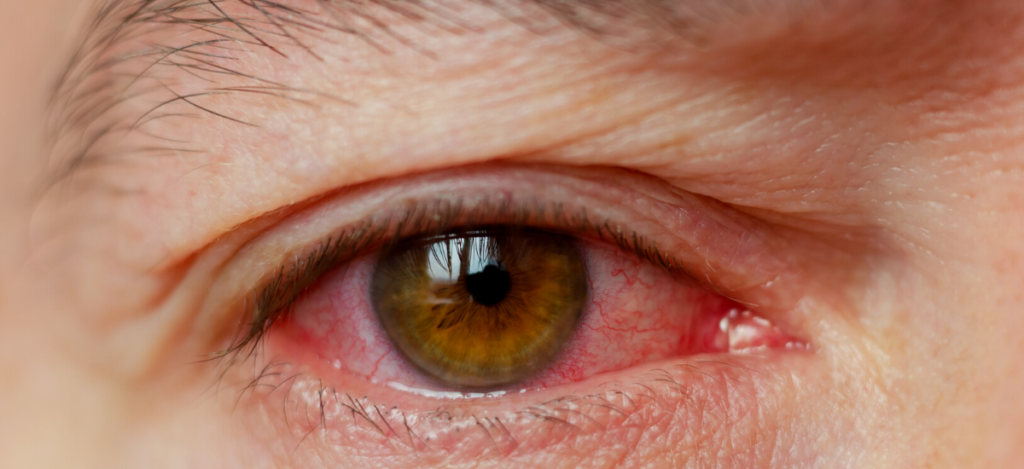
Glaucoma is a condition that can silently steal your sight if left undetected and untreated. It is one of the leading causes of blindness worldwide, but with early diagnosis and proper management, you can protect your vision and continue to enjoy a full, active life.
Dr Soma, a dedicated Midrant ophthalmologist, is committed to helping you understand glaucoma and providing comprehensive care tailored to your needs.
What is Glaucoma?
Glaucoma is a group of eye conditions that damage the optic nerve, which is essential for good vision. This damage is often caused by abnormally high eye pressure, also known as intraocular pressure. If not managed properly, glaucoma can lead to irreversible vision loss and even blindness.
What Causes Glaucoma?
Understanding the causes of glaucoma can help you take preventive measures and seek timely treatment. Some common causes include:
- Increased Eye Pressure: The most significant risk factor for glaucoma is elevated intraocular pressure, which can damage the optic nerve
- Age: People over 60 are at a higher risk, although it can occur at any age
- Family History: A family history of glaucoma increases your risk, making regular eye exams essential
- Medical Conditions: Conditions like diabetes, heart disease, high blood pressure, and sickle cell anemia can increase the risk.
What Are the Symptoms of Glaucoma?
Recognising glaucoma symptoms early can significantly improve treatment outcomes. One of the challenges with glaucoma is that it often has no symptoms in the early stages. This lack of early symptoms is why regular eye exams are crucial. People may not realise they have glaucoma until significant vision loss has occurred.
A common early symptom of glaucoma is a gradual loss of peripheral vision, often in both eyes. This slow loss can be easy to miss because it happens so gradually. Over time, without treatment, this can progress to tunnel vision in the advanced stages of the disease, where only a central area of vision remains clear.
In some cases, particularly with acute angle-closure glaucoma (a bulging or swollen iris blocks the drainage system), symptoms can be more dramatic. Sudden onset of severe eye pain, nausea, vomiting, blurred vision, and seeing halos around lights are signs of a medical emergency. If you experience these symptoms, seek medical attention to prevent permanent vision loss.
How is Glaucoma Diagnosed?
Regular eye exams with our Midrand ophthalmologist are essential for detecting glaucoma early. A comprehensive eye exam is essential for diagnosing glaucoma and typically includes several key components.
First, your ophthalmologist will discuss your symptoms, family history, and overall health. Next, she will measure the pressure inside your eyes using tonometry (a test used to screen for glaucoma) to check for elevated eye pressure.
The optic nerve will be examined for any signs of damage, which is crucial for detecting glaucoma. Additionally, a visual field test will be conducted to assess any loss of peripheral vision.
Finally, pachymetry will be performed to measure the thickness of your cornea, as this can influence eye pressure readings and help in diagnosis.
What Are the Treatment Options for Glaucoma?
Early detection is key to managing glaucoma effectively. Here are some common treatment options:
| Medications | Eye Drops: Medications to reduce eye pressure are often the first line of treatment. They work by decreasing fluid production in the eye or improving its outflow. Oral Medications: In some cases, oral medications may be prescribed to lower eye pressure. |
| Laser Treatment | Laser Trabeculoplasty: A procedure that helps drain fluid from the eye, lowering pressure. Laser Iridotomy: Used for angle-closure glaucoma, this creates a tiny hole in the iris to improve fluid outflow. |
| Surgery | Trabeculectomy: A surgical procedure to create a new drainage path for the fluid inside the eye. Drainage Implants: Small devices implanted in the eye to help drain excess fluid. |
How Can You Prevent Glaucoma?
While glaucoma cannot always be prevented, taking certain steps can help protect your vision:
- Regular Eye Exams: Early detection through regular comprehensive eye exams is crucial.
- Know Your Family History: If you have a family history of glaucoma, inform your ophthalmologist and ensure frequent screenings.
- Protect Your Eyes: Use protective eyewear to prevent eye injuries.
- Maintain a Healthy Lifestyle: Manage health conditions like diabetes and high blood pressure, and avoid smoking.
Protect Your Vision with Dr Soma
Glaucoma is a severe eye condition, but with early detection and proper management, you can protect your vision and maintain a high quality of life. Dr Soma is a dedicated Midrand ophthalmologist who is here to help support you through your glaucoma journey.
Don’t wait until symptoms appear. Schedule a regular eye exam with Dr Soma, an ophthalmologist near you.